UK reaffirms commitment to Uganda’s sustainable development
Prof Moffat Nyirenda with the UK’s Minister for Africa, Lord Ray Collins of Highbury, with other officials during his visit to UVRI. Photo | Eve Uganda
By Eve Muganga
What you need to know:
Lord Collins met with Ugandan officials and researchers to discuss ways to boost breakthroughs in HIV/AIDS treatment and research, disease surveillance, and expert exchange on viral infection control
The UK’s Minister for Africa, Lord Ray Collins of Highbury, is in Uganda to reinforce Great Britain’s commitment to sustainable development and viral research.
During his two-day visit, Lord Collins met with Ugandan officials and researchers to discuss ways to boost breakthroughs in HIV/AIDS treatment and research, disease surveillance, and expert exchange on viral infection control.
Lord Collins emphasised the UK’s commitment to building equal partnerships with Uganda, stating, “My visit to Uganda reaffirms the UK’s unwavering commitment to building equal partnerships that support sustainable development and drive mutually beneficial economic growth in the region. We are dedicated to working closely with our Ugandan partners to achieve shared prosperity and a brighter future for all.”
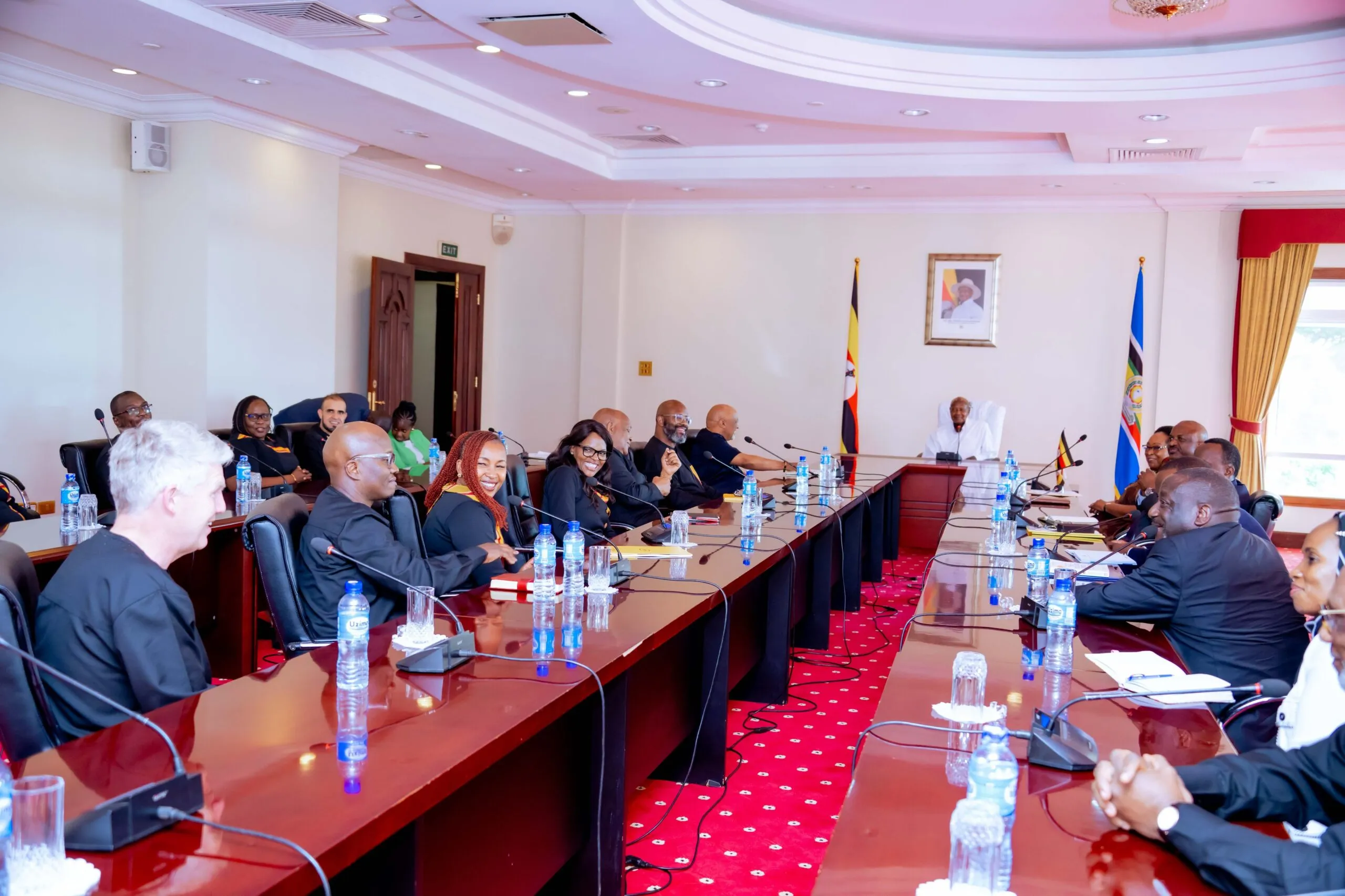
Prof Moffat Nyirenda, the Director of the Medical Research Council/Uganda Virus Research Institute and London School of Hygiene & Tropical Medicine Uganda Research Unit (MRC/UVRI & LSHTM Uganda Research Unit, said they feel honored for his visit.
“His visit here is essentially because the unit is one of the biggest UK investment in terms of health research and also appreciate what the UK investment is contributing to the Ugandan health systems in terms of strengthening the systems, generating evidence that will be crucial and also came to see what the infrastructure that is here has been and can be leveraged to respond to national health challenges,” he said.
He added that, " in the 80s, HIV was really bad in Uganda and the UK government responded to that request from the Ugandan government to help with the pandemic by establishing this unit. So we have had a long history of contributing to the HIV challenges." He noted that unit also do research of other viruses.
"We do research in a lot of trying for vaccines ourselves, not just testing other people's vaccines, but even developing vaccines from within Uganda from the Ugandan government however there are other areas, like non communicable diseases, diabetes, hypertension, mental health, all these things are now part of the unit's research portfolio."
Prof Nyirenda also expressed
underfunding as one of the biggest challenges they face, " there are challenges in funding and there are more and more people competing for very small amounts of resources, and even traditional funders. You've heard about funding cuts in the US, there has been a reduction in international aid from the UK. So all those put a lot of pressure on us as scientists, as organizations that engage in science to sustain ourselves, because, obviously, most of the funding comes from outside, you know, Africa, outside Uganda a So, so it's going to be challenging, but luckily for Uganda, the government is very keen on promoting science."
During his two-day visit, Lord Collins announced the launch of a new UK-Uganda Growth Dialogue between the UK and the Ministry of Finance, Planning and Economic Development.
The UK-Uganda Growth Dialogue will be a quarterly series of discussions on commercial deals, business environment and economic policy to identify opportunities to increase trade and investment between the two nations which will unblock barriers to trade and create new opportunities for collaboration.
Lord Collins also visited areas of UK investments such as Zembo, a leading e-mobility company in Uganda, which has received financing from UK Innovate and Private Infrastructure Development Group.
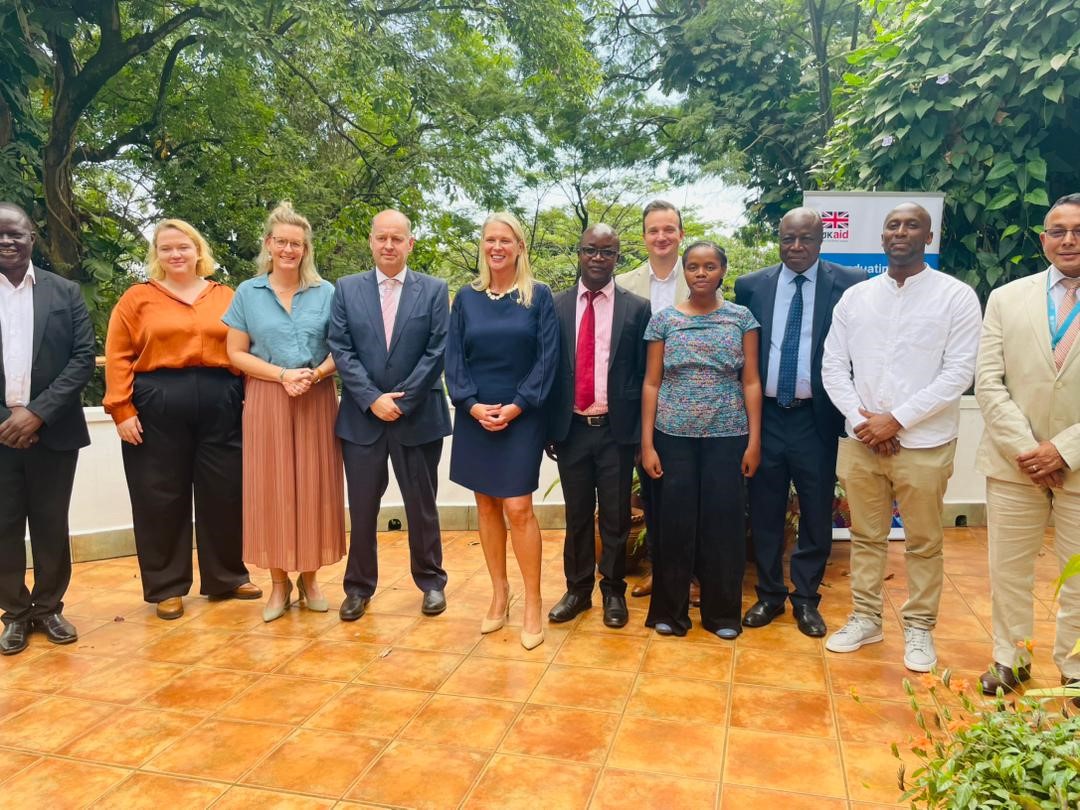





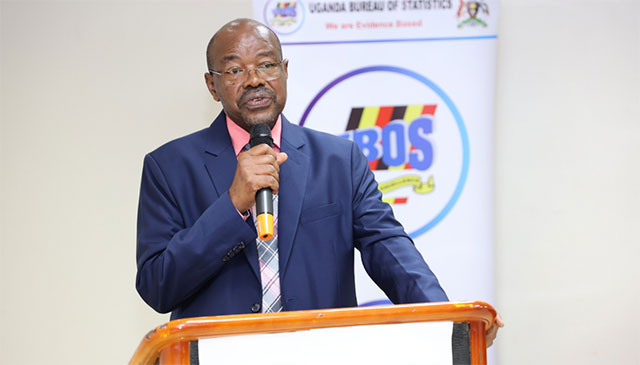

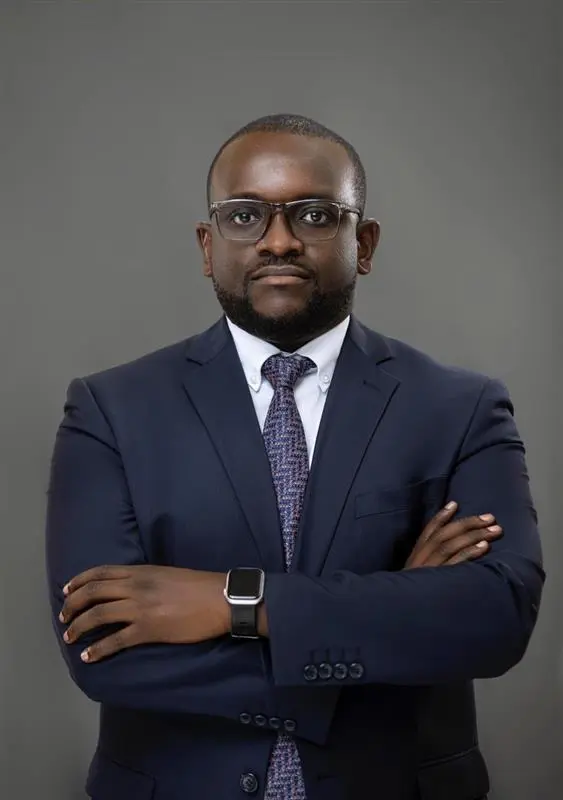
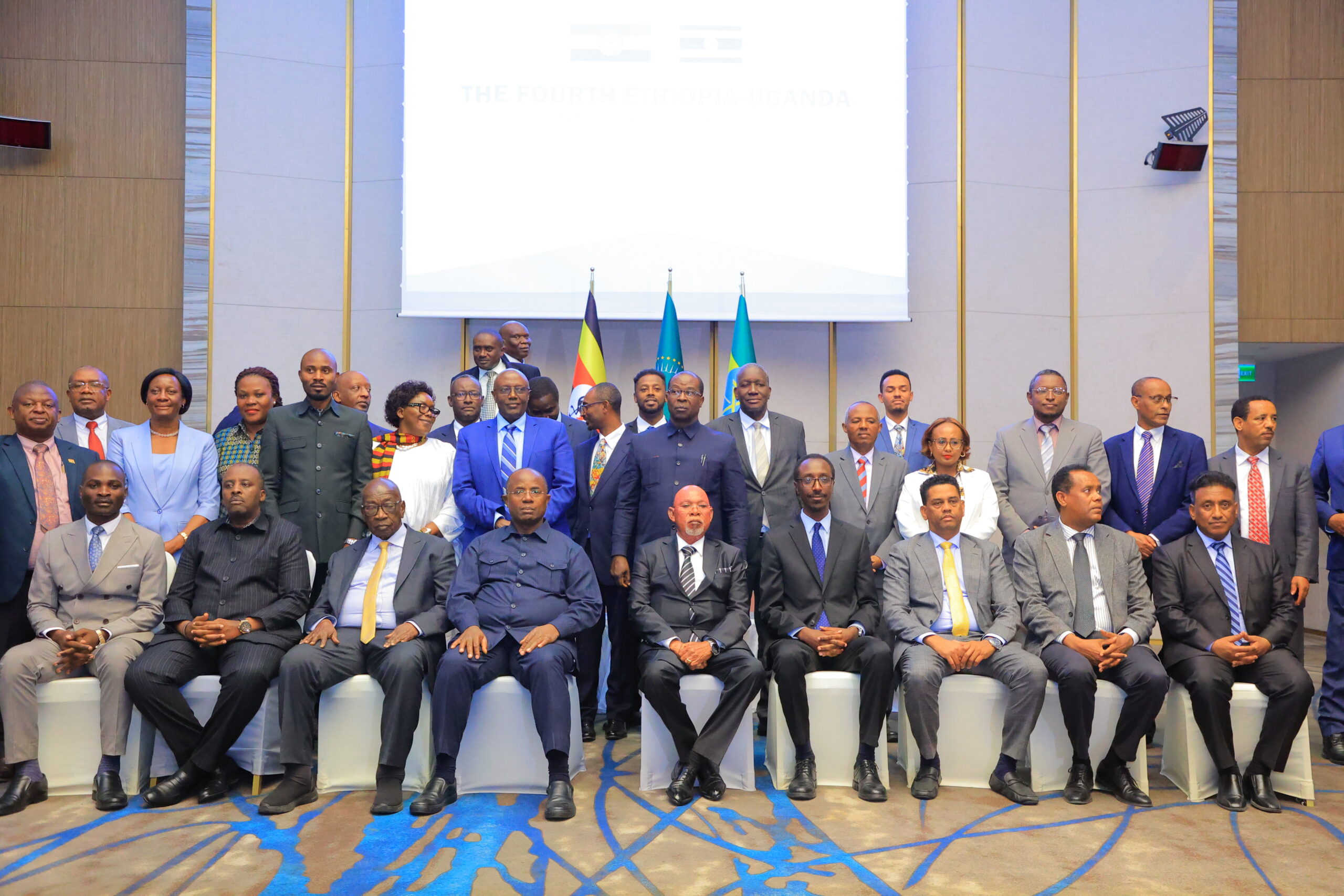


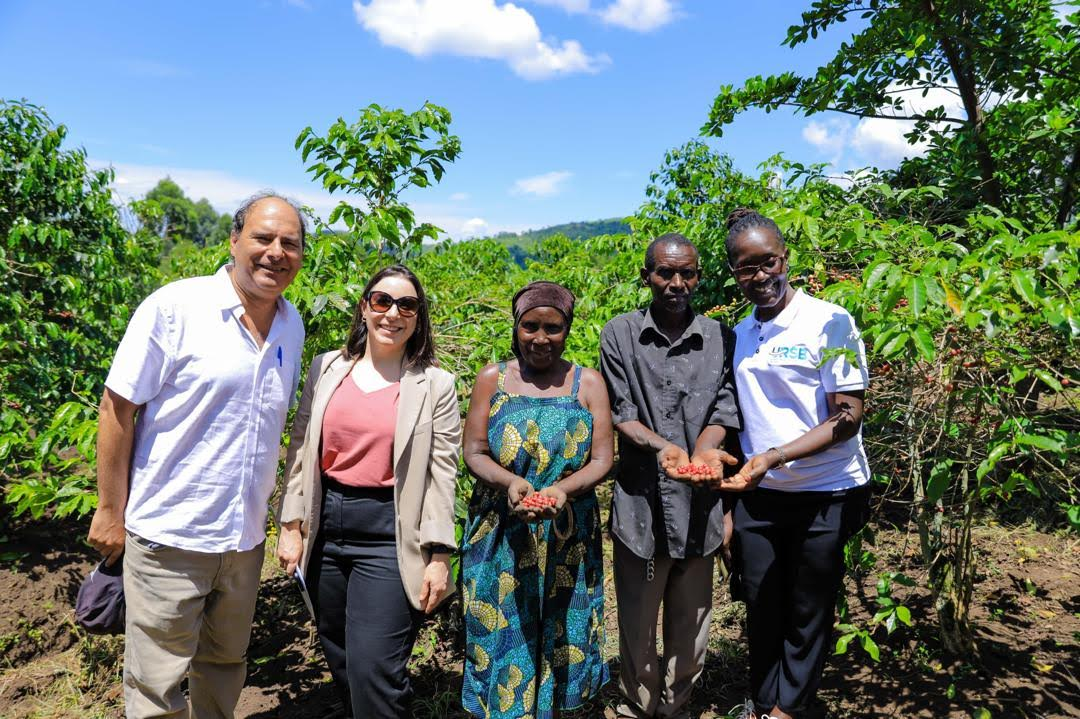
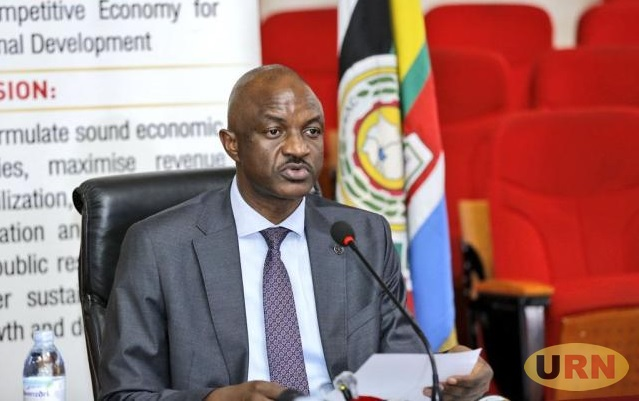

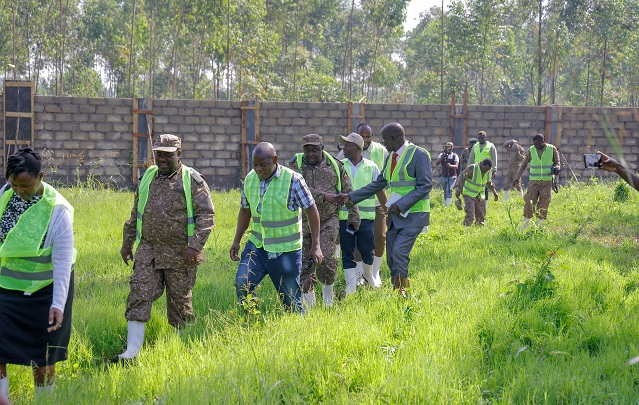
Comments
0 commentsNo comments yet. Be the first to comment!
Be the first to share your opinion about this article!
Add Comment